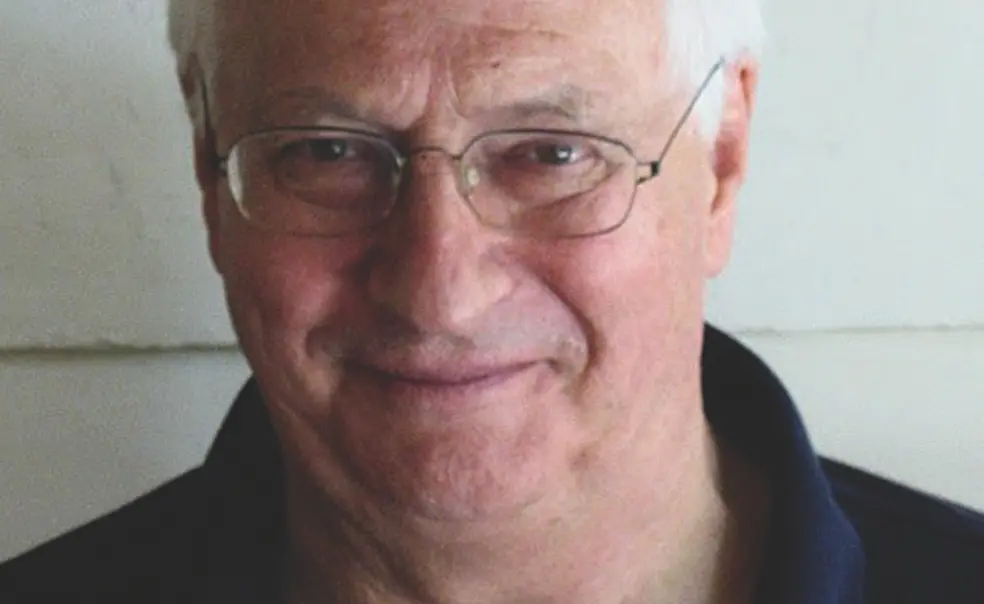Michael Wood on the Man Booker Prize
Every year a panel of five judges spends the better part of a year reading, analyzing, and debating the best literature that the English-writing world has produced in the last 12 months. At the end of that year, the judges award the Man Booker Prize for the best novel written in English and published in the United Kingdom. For years, this process has been the center of intense scrutiny.
This year, the chair of judges was literary critic and Princeton professor of comparative literature emeritus Michael Wood. On Oct. 21, a week after the winner was announced, Wood hosted a public conversation at Princeton about the judging process, telling his audience that it involved a lot more reading — and a lot less excitement — than people like to believe. “The more interesting aspect of the prize is not what actually happens, but what people think happens — the conspiracy theories, who bribed who, theories about passing on drugs. Actually, we had this fairly boring meeting by those criteria. No promises of future employment, no twisting of people’s arms,” Wood said. “It’s less like a conspiracy theory than game theory.”
Between December and August, Wood and his fellow judges read 156 books — and they don’t just skim, or read the first 50 pages, Wood says. “You’ll never find a judge talking about how they haven’t read. Instead, the judges will talk about how little time they spent with their children, or how their husband isn’t speaking to them anymore.”
The books are culled to a list of 13 titles, then to a shortlist of six. In mid-October, after wrangling with publishers, rounds of voting, and intense debate, the judges select the winner. This year it was the epic historical novel A Brief History of Seven Killings by Marlon James. Wood says the book was the unanimous choice of the panel: “One of the judges said: ‘Does anyone really want to give the prize to anyone except Marlon James?’ And we all said no, and that was it. ... One of us suggested we all go to the movies.”



![WoodMichael-Hitchcock[2].png Michael Wood](/sites/default/files/images/content/WoodMichael-Hitchcock%5B2%5D.png)









No responses yet